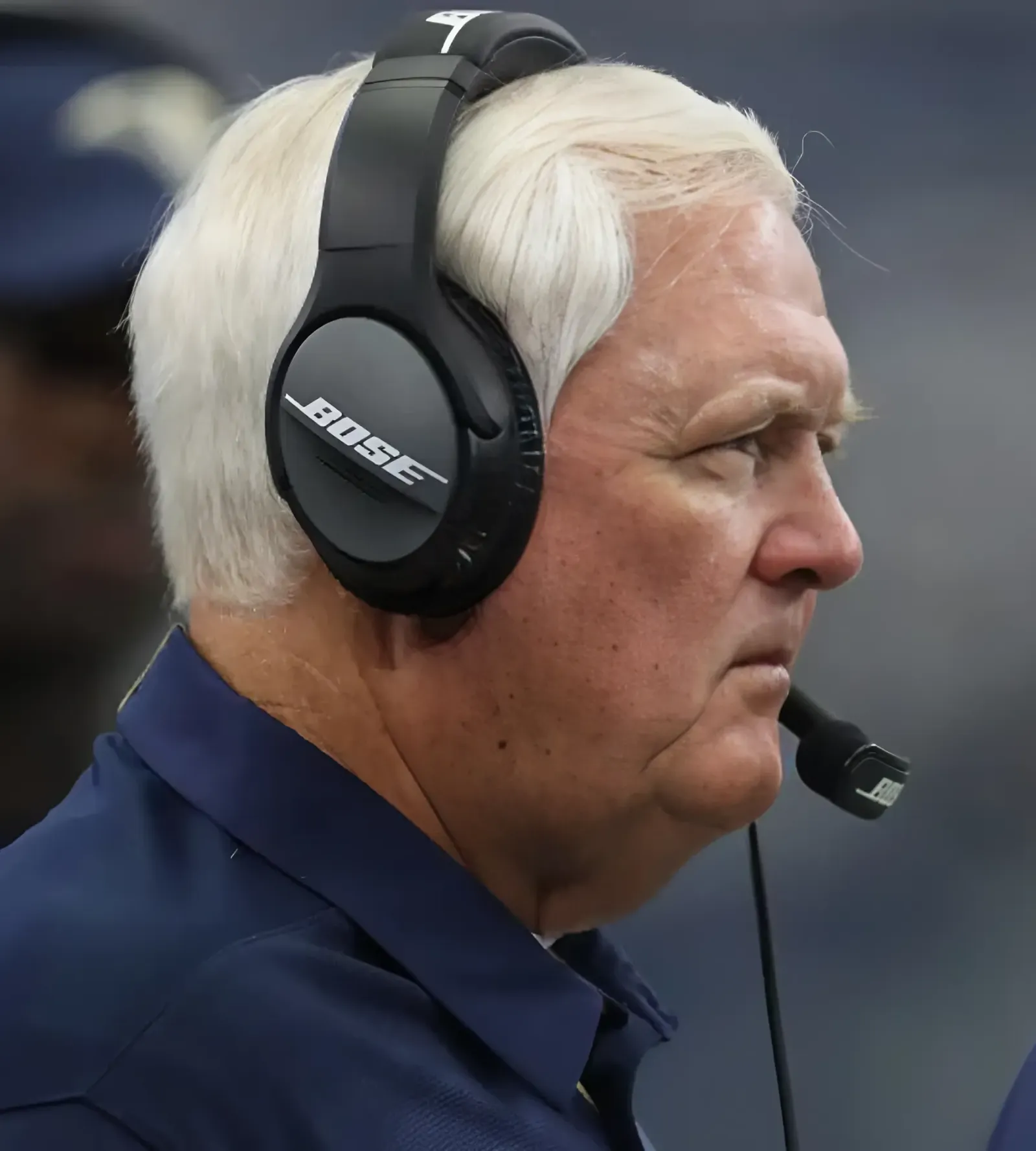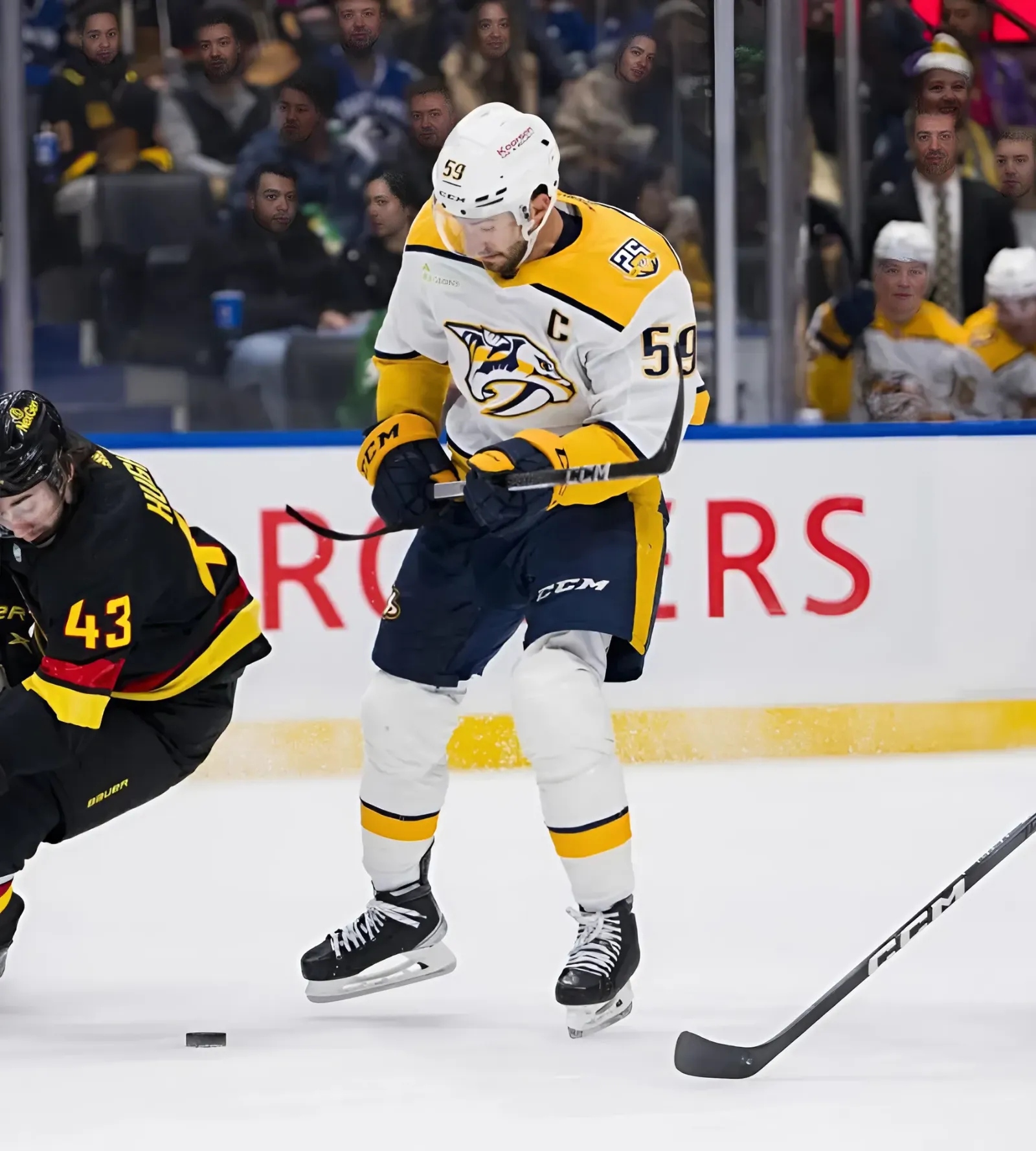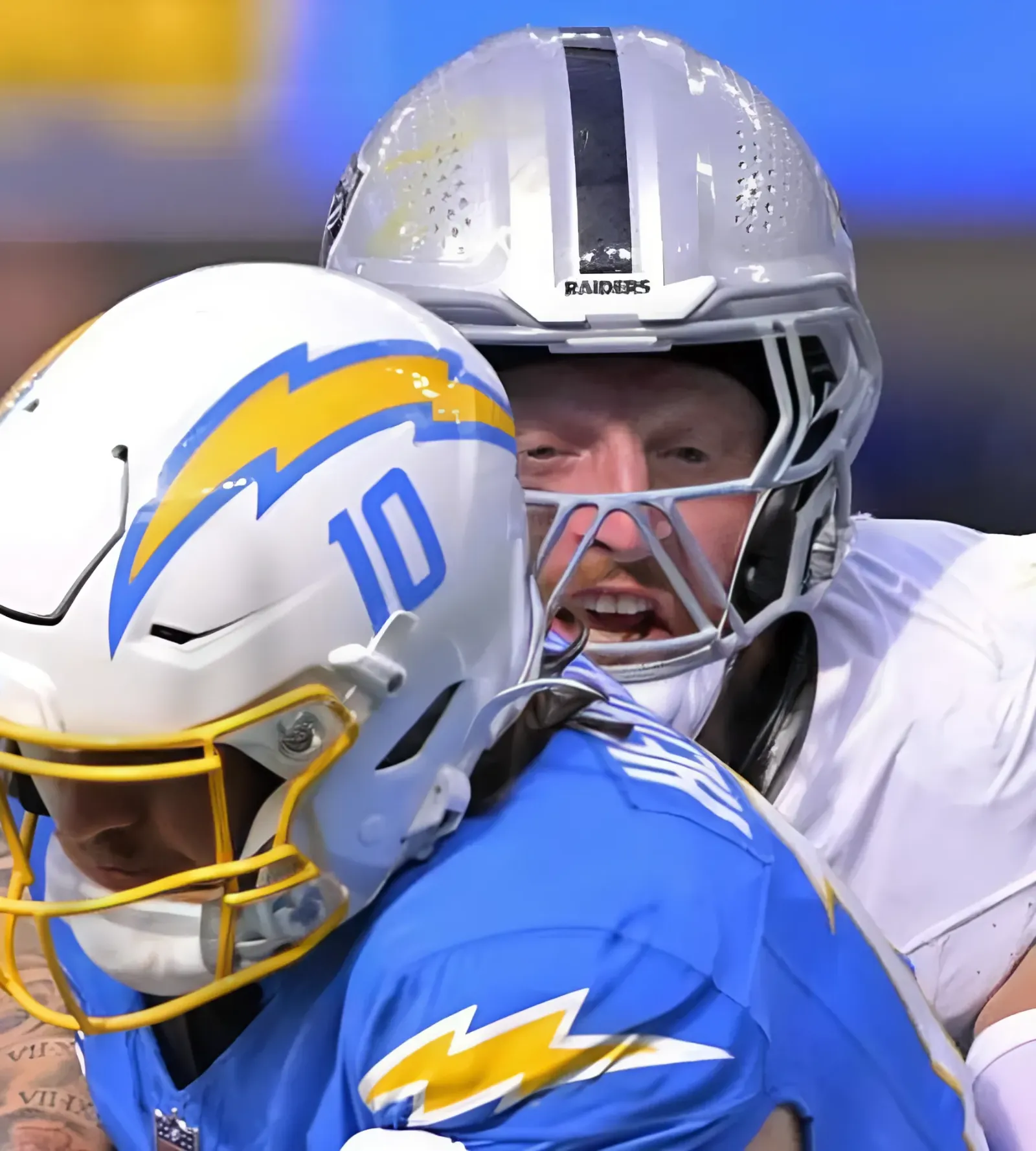Leading up to the Kyle Tucker trade, the Chicago Cubs continued to brainstorm ideas around Hayden Wesneski’s offseason program. Wesneski’s four-seamer, his second-most-used pitch, was regularly battered by opposing hitters this summer. One suggestion to improve the offering was sacrificing spin to have a more consistent release point in line with the rest of his arsenal.

The Cubs were not eager to move Wesneski in the Tucker deal with the Houston Astros, given his upside and the baseball industry’s epidemic of pitching injuries. The organization was generally high on Wesneski, believing its process could tap into his vast potential. Player development never stops, and the search for more pitching never ends.
Perhaps a change of scenery will benefit Wesneski and everything will click with his hometown team. Back in Chicago, however, Wesneski profiled as a swingman at a moment when the Cubs already had five established starters and a firm plan to keep adding to their rotation.
“We’ll continue to look for pitching,” Cubs president of baseball operations Jed Hoyer said this week. “It takes a lot of arms — a lot of really good arms — to get through the season.”
The Cubs simply don’t believe they have enough, which is why they’ve been mentioned in so many trade rumors involving Miami Marlins left-hander Jesús Luzardo and pitching-rich organizations such as the Seattle Mariners.

Marlins left-hander Jesús Luzardo is under team control through the 2026 season. (Brad Penner / Imagn Images)
The Cubs just cleared almost all of Cody Bellinger’s salary in a trade with the New York Yankees — the former MVP could earn $32.5 million in 2025 if he opts out of his contract after next season — because they want to reallocate resources toward pitching.
“It’s just a place where you can’t get caught without depth, quality,” Cubs manager Craig Counsell said. “You have to have it.”
The Cubs’ projected Opening Day rotation next season — Shota Imanaga, Justin Steele, Jameson Taillon, Matthew Boyd and Javier Assad — is merely a good start.
Beyond that, Jordan Wicks accounted for only 46 major-league innings in 2024. Ben Brown didn’t pitch in a major-league game after June 8, and Cade Horton didn’t pitch in a minor-league game after May 29. There’s talent in the group and some reasons for excitement. But expecting too much out of those young pitchers would be a mistake.
The Cubs had to piece it all together just to get through another 83-win season. They won’t make assumptions about any of these pitchers heading into 2025.
There are times when it feels like a different game than what the Cubs played during their 2016 World Series campaign. Of all the elements that went into that championship season, this one might be impossible to duplicate: Jon Lester, Jake Arrieta, Kyle Hendricks, Jason Hammel and John Lackey each made at least 29 starts.
“Injury rates among pitchers have skyrocketed over the past several decades,” according to the comprehensive study that Major League Baseball recently distributed to all 30 clubs. The max-effort pursuit of more velocity and sharper movements has created a pitching shortage, forcing teams to adapt.
Beyond injuries, the Cubs also seem keenly aware that there could be regression coming for their pitchers. The Cubs were second in baseball with a home ERA of 3.08 last season. On the road, that number ballooned to 4.53, or 23rd. They can’t assume that Wrigley Field will once again play as such an extremely pitcher-friendly park.
The Cubs have been gathering information on Roki Sasaki, trying to give themselves the best possible chance to sign the supremely talented Japanese pitcher. Cody Poteet is not a big name, but the Cubs must have seen something during his brief time with the Yankees (2.22 ERA in 24 1/3 innings) to make the right-handed swingman a part of the Bellinger trade.
Corbin Burnes, Sean Manaea and Nick Pivetta still remain unsigned after declining qualifying offers. When asked during the Winter Meetings if the Cubs had the appetite for a player attached to a qualifying offer — which would cost the club in the draft and the international signing period — general manager Carter Hawkins said: “Hypothetically, I wouldn’t rule it out. But at this point, I don’t see us being active that way.”
The group of free-agent pitchers not attached to a qualifying offer includes Walker Buehler, Jack Flaherty, Max Scherzer, Justin Verlander and Andrew Heaney.
“Not only will we be looking at the free-agent market, it’s also trying to make small moves to improve,” Hoyer said. “Part of it is feeling good about our pitching infrastructure, trying to find guys or maybe transactions that aren’t headlines over the course of the winter. But we feel like there are guys that we can bring in and make better, and they can provide that depth.
“You don’t have to look any further than the playoffs this year to realize the amount of arms it takes to get through the marathon in this day and age. There’s a lot more injuries than there were, guys don’t throw as many innings, so that’s something you never stop looking at.”



